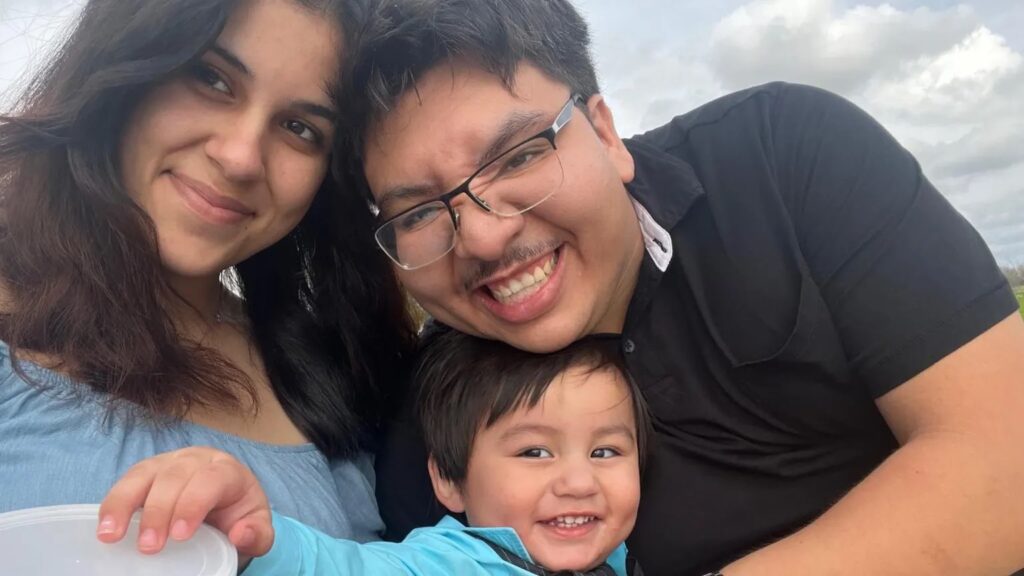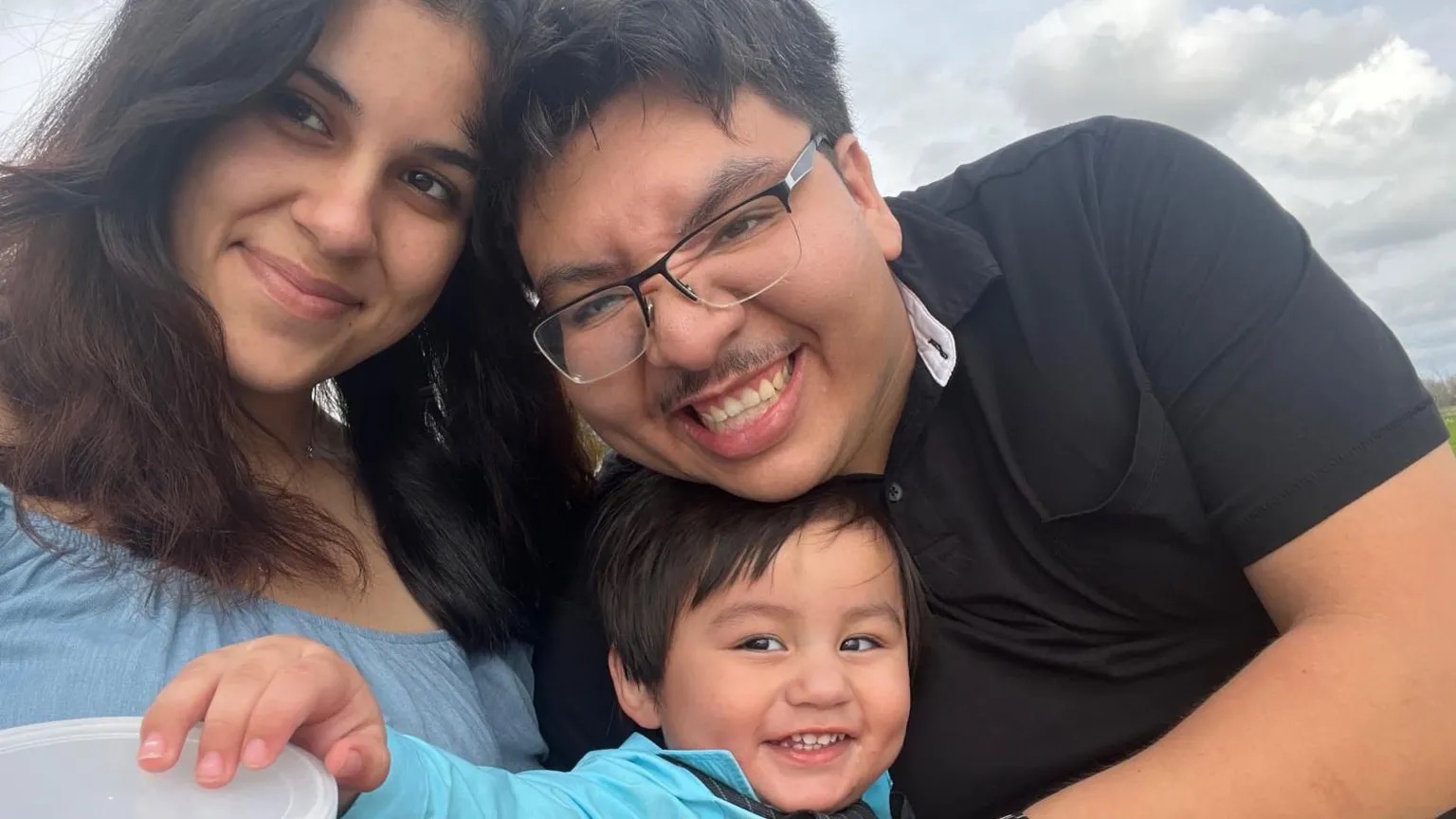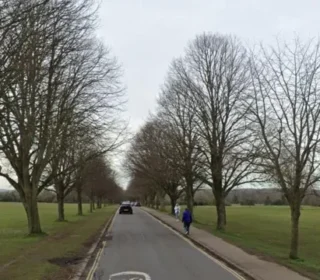
The US presidential election is just weeks away and one essential voting bloc is getting a lot of attention from both parties: young voters. But it’s economic woes – from inflation to housing – that could drive them to the polls.
It’s Isabella Morris’s first presidential election, and the 21-year-old mum from Rosenberg, Texas, said she’s listening closely to what both candidates have to say.
Recently married with a two-year-old, Isabella works part-time to supplement her husband’s full-time income. She stays at home with her child while her family rents a small one-bedroom apartment.
The plan seemed solid—two incomes, no mortgage, or daycare costs—but it’s not enough.
“Our debts are paid off, but we can’t afford any mistakes. We have no savings, nothing. One job used to be enough to live on, even at a minimum wage. Now it feels like we’re barely scraping by,” she said.
Economic fears about her future will drive her to vote in November, but when she spoke to the BBC, she was still undecided on which candidate she would support.
“As these elections draw closer, we cannot possibly fathom a candidate not addressing the economic crisis right now,” she said.
Isabella is one of 8 million young people who will be voting in a presidential election for the first time. Comprising about a third of the US electorate, voters under 35 are being fought over by both parties, and polls show the economy is their top priority this election season.
Though reproductive rights, the war in Gaza and gun violence have dominated headlines when it comes to young voters’ policy priorities, 18 to 26-year-olds rank economic growth, income inequality and poverty as the most important problems facing the country, according to a Gen Forward Survey conducted by the University of Chicago and released in September.
That’s in contrast to the 2020 election, when Covid-19, racism, and healthcare outranked the economy as the main issue driving young voters to the polls, according to the same survey.
‘The situation has degraded’
Isabella’s concerns reflect the broader challenges facing young voters, who are entering a world of high rents, unaffordable homes and slowing job creation – not to mention a once-in-a-generation surge in prices, according to economics TikToker Kyla Scanlon.
Last month, the Federal Reserve lowered interest rates for the first time in more than four years, a decision which could lead to lower borrowing costs on mortgages, credit cards and saving rates for millions of people. But it remains to be seen whether the change in rates will change people’s outlook on the economy.
“The overall situation has degraded,” Ms Scanlon, 27, told the BBC, noting that young people today have it worse than previous generations – even millennials who entered the workforce after the 2008 financial crisis.
A Gen Z-er herself, Ms Scanlon often turns to TikTok, where she has more than 180,000 followers, to educate young people about the economy.

















